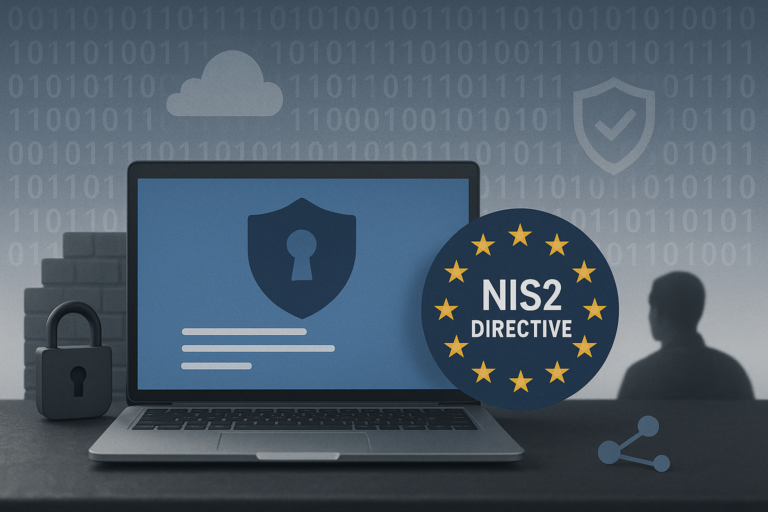How do hackers get their hands on your personal data?
For years, cybercrime has been evolving to steal personal data as efficiently as possible. How exactly do hackers do this?
For all the wonders the internet has to offer, it also brings its share of worries. Every year, millions of people fall victim to cyberattacks. The consequences are catastrophic. Personal data is leaked and accessible to any hacker. The result? Millions of dollars in damage, loss of reputation and a miserable feeling of insecurity on your own computer.
These serious consequences did not happen overnight.
How does it happen?
Human error is the cause of 90% of successful cyberattacks. Hackers are well aware of this. That's why they use phishing: a way to steal sensitive data from people by pretending to be someone else. Companies, government agencies and even close friends are impersonated in order to gain the victim's trust.
Social engineering plays a major role here: it is manipulation used by hackers to achieve their goal. A combination of lies and arguments against which an unsuspecting person often has little chance.

Data leakage
Hackers have several methods of obtaining data. For example, they can secretly install malware on your computer by making you click on something. If an account has a bad password, they could also guess it. When hackers are looking for mass data, they can buy large lists of contact details on the black market or on hacker forums.
An example of this is the Facebook data scraping scandal in April 2021, where over 500 million profiles were scraped for a huge list of contact and personal information. It can be as simple as that.
The value of this data can vary enormously. A single stolen identity document is valued at just overone euro. A hacked e-mail address can fetch between 1 and 15 euros. But hackers are not after a handful of personal documents and email addresses. What they want are large lists of thousands or millions of data. Because the more data they have, the more valuable their list is and the more people can be phished again.
Phished
The scale at which cybercrime operates can sometimes be terrifying. Phished changes that by teaching employees how to make their business a safer place. By combining automated training software with realistic simulations of cyberattacks, Phished creates a new layer of digital protection: the human firewall. Protect your data, your employees and your business with Phished.



